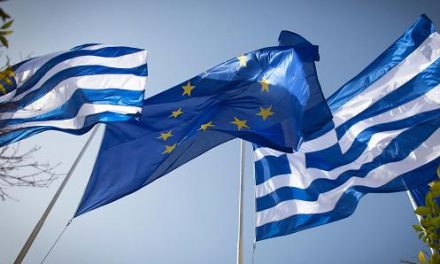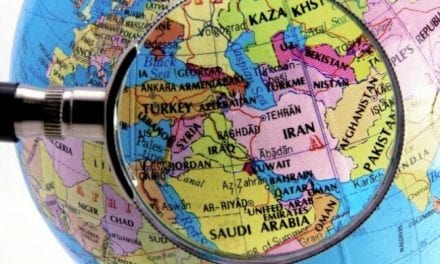Greece is ready to play the Russian card, bringing a new geostrategic dimension to the euro crisis.
Greek Prime Minister Alexis Tsipras moved up his planned visit to talk to Russian President Vladimir Putin in Moscow to early next month instead of in May.
Faced with intransigence by the European Union and its other creditors in rolling back austerity and alleviating its debt burden, the Greek government is quietly dangling the prospect of turning to Russia for aid.
The Greek economy may represent an insignificant portion of the EU’s overall gross domestic product, but its location at the crossroads of Europe, Asia and the Middle East continues to be of considerable geostrategic importance.
This is why the U.S. worked so hard in the postwar period to keep Greece from drifting into the Soviet camp and has supported Greece as a linchpin of NATO.
Many already blame EU ham-handedness for sparking the crisis in Ukraine by insisting that Kiev make an either-or choice between Brussels and Moscow.
Now, with its blinkered focus on its arbitrary euro parameters, the EU appears willing to not only eject Greece from the euro with unpredictable consequences — but also to undo 70 years of effort to keep the country firmly in the Western camp.
Tsipras continues to defy the bullying by Brussels authorities, as Greek officials stonewalled a teleconference this week to discuss “technical” details of the country’s compliance with EU terms of a bailout pending a chance to reach a political solution.
Greek leaders are trying to take the crisis out of the narrow realm of contractual law regarding debt and deal with it in the context of European solidarity and the very real humanitarian crisis that exists in Greece.



















